A satisfying climax to a great story makes for the most memorable films. The current slate of movies and shows on streaming platforms offers plenty of flops and unfinished tales, so when a piece of media has a stellar ending, it stands out. Our list of the top five best movie endings will make you want to hurry up and get to the end already!
The most captivating and unforgettable movie endings ever crafted leave an indelible mark on audiences, stirring emotions and provoking contemplation long after the credits roll. From surprising plot twists that redefine storytelling norms to poignant resolutions that leave hearts full, these grand finales stand as a testament to the power of filmmaking to inspire and resonate across generations.
Almost everyone can name their favorite and least favorite endings. They come with a profound significance for people, as they shape the lasting impression a film leaves on its audience. A well-crafted ending has the ability to tie together narrative threads, offer closure to characters’ journeys, and provoke reflection. These conclusions often linger in our memories, influencing our interpretation of the entire cinematic experience and sparking discussions that delve into the deeper meanings of the stories we’ve witnessed.
With such a deep connection to stories and storytelling, it’s no wonder that people crave a satisfying conclusion. That’s why we turned to film experts to discover the top five best movie endings. Let us know your favorites in the comments below!
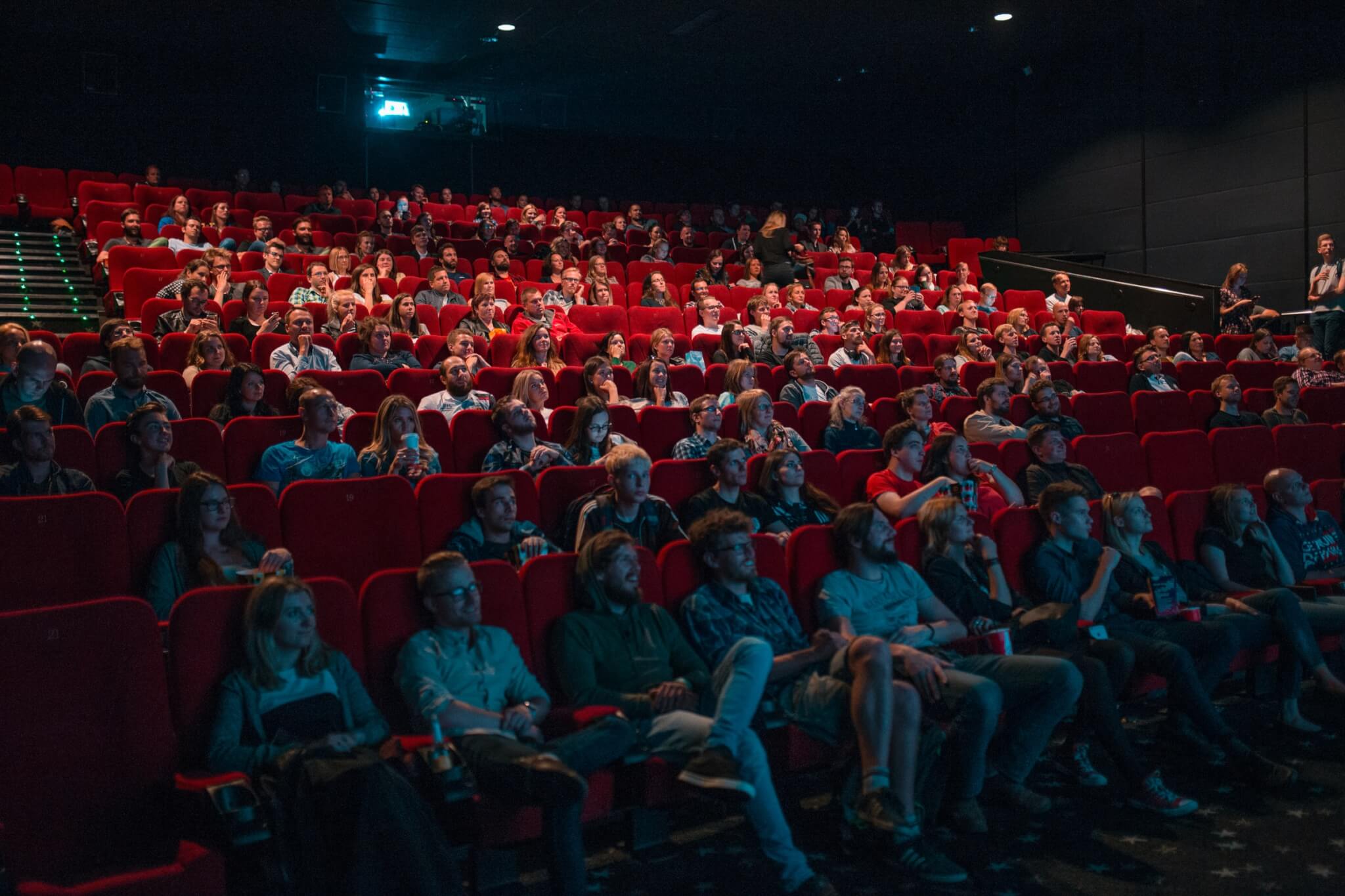
The List: Best Movie Endings, According to Fans
1. “Psycho” (1960)
This 1960 thriller is an Alfred Hitchcock masterpiece. Bucking convention, the film’s first surprise is the death of a headlining actress in the film’s opening act. The Cinemaholic writes, “Largely recognized as one of the finest creations of Alfred Hitchcock, ‘Psycho’ is a psychological horror thriller that has been able to enter the lexicon of cinephiles across the world. The film deals with a psychologically deranged person living a dual life to justify his murderous and lecherous tendencies.”
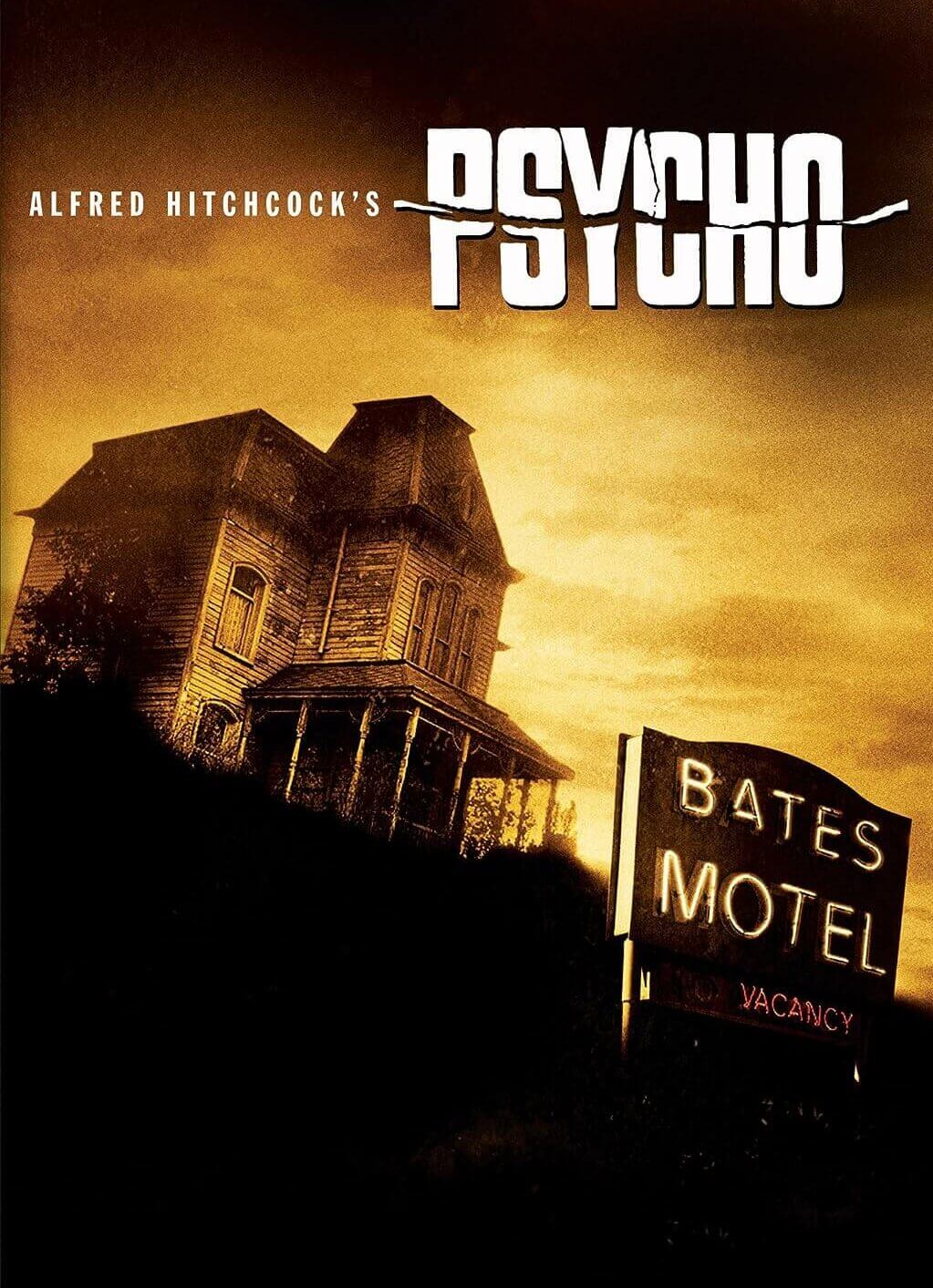
Movieweb raves, “Alfred Hitchcock is credited as one of the greatest directors of all time, responsible for the creation of masterpieces such as ‘Vertigo,’ ‘The Birds,’ and of course ‘Psycho.’ After Marion Crane flees from her home, job, friends, and family, she finds herself at the Bates Motel… Marion is brutally murdered in a motel bathroom, a scene that has become iconic in the world of cinema. At the end of the film, we see that the motel owner Norman Bates, played by Anthony Perkins, is a very sick and disturbed man who murdered Marion. He created an alternate personality where he inhabited his dead mother and turned into a monster. Norman Bates staring into the camera at the end of Psycho is one of the most unforgettable movie scenes ever.”
“Where does the ending of ‘Psycho’ start? Is it when we find out Mrs. Bates isn’t alive, and that she’s just a skeleton in a chair? Or that it’s her son Norman that is doing all the murdering, often dressed as his mom, whose identity he has taken on in addition to his own? Or is it when we watch Norman sitting calmly in a chair, a sly smile on his face, thinking entirely in his Mrs. Bates persona? Why, she wouldn’t hurt a fly. The famed shower scene may happen early in the film, but the ending of Alfred Hitchcock’s classic packs a punch of its own,” writes Yard Barker.
2. “The Thing” (1982)
Kurt Russel and Keith David star in John Carpenter’s classic alien doppelganger film. “The Thing” is a gory horror classic where a group of doomed researchers face off against a shapeshifting monstrosity. Far Out writes, “The film’s final scene shows Russell’s character stumbling out from the fiery wreckage of the research facility, joining his friend Childs (Keith David) outside. The question is, how can we be sure that Childs, or in fact MacReady, is not the monster? It’s this paranoia, punctuated by Ennio Morricone’s terrifying score that has left fans thinking for decades since the film’s release.”
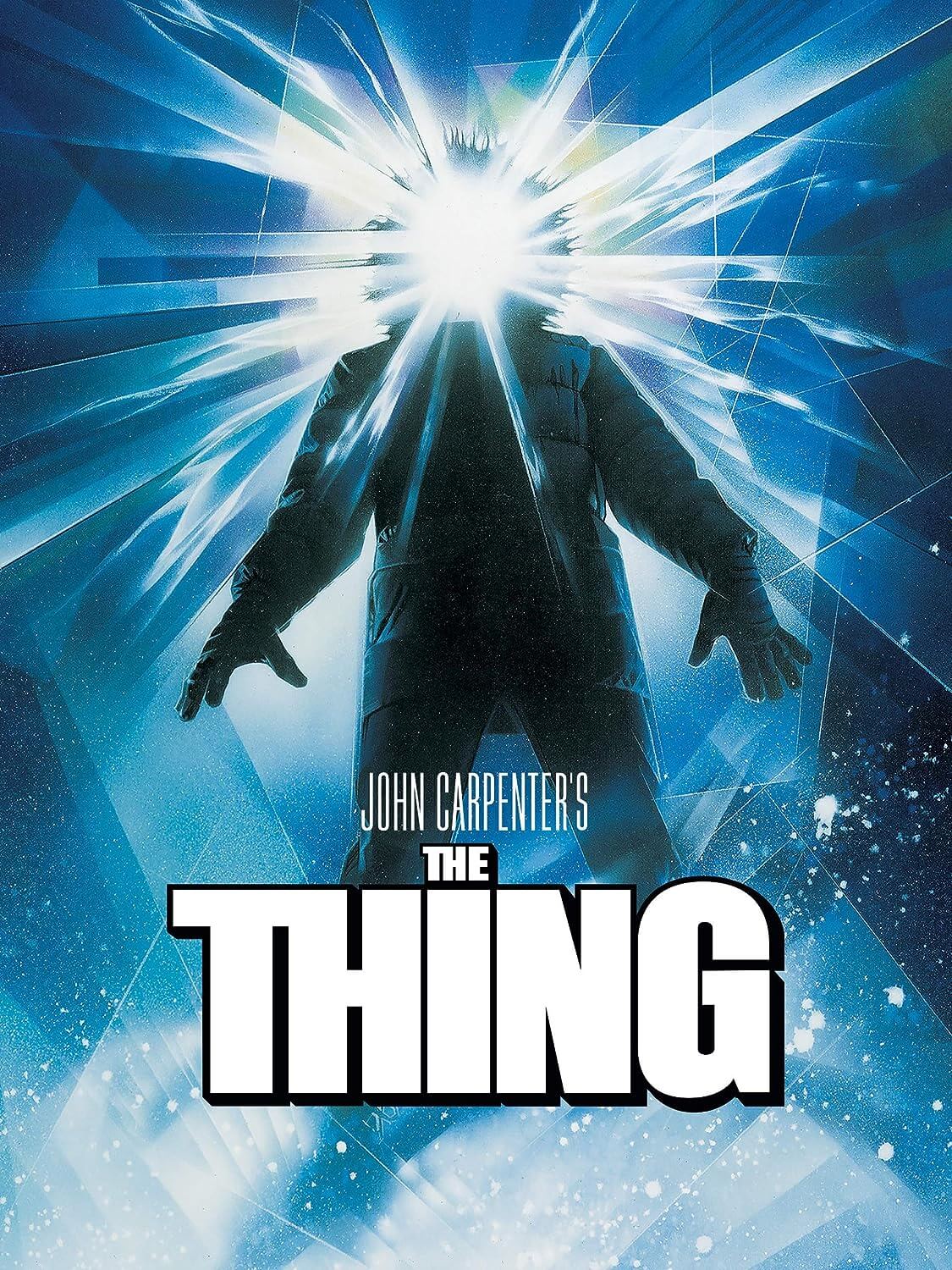
The isolation of the film’s protagonists far away from civilization creates an atmosphere of tension that few other films have managed to achieve. Vulture expands on this, “‘The Thing’ is a perfect encapsulation of the horror of isolation, which makes it an especially cutting rewatch during a pandemic. ‘The Thing’ ends with MacReady (Kurt Russell) facing Childs (Keith David), unsure if he’s the monster, but rightfully suspicious. They share a bottle of liquor, aware that neither can do anything about their predicament, stuck in the icy tundra of Antarctica, staring down their assured deaths. It’s bleak.”
“In one of the most remote places on Earth, two men contemplate their fate – though one of them is probably not human… With the remains of their Antarctic research station smoldering behind them, sole survivors MacReady and Childs chew the fat. They know that one of them is the lethal shape-shifting alien that’s killed everyone else in the base – and that as soon as they freeze, the monster will have a chance to infect the rest of the planet. ‘What do we do?’ asks Childs. ‘Why don’t we just wait here for a little while, see what happens,’ replies MacReady in a wonderfully ambiguous finale that stays with you long after the credits have rolled,” details Games Radar.
3. “Planet of the Apes” (1968)
In this 1968 science fiction classic, the foundations of society and civilization are explored against a backdrop of talking apes. Praised for its costumes and storytelling, “Planet of the Apes” spawned a fandom that endures to this day. The Mary Sue claims, “Yes, the twist is no longer a twist anymore, everyone knows that It Was Earth All Along. Consider what movie audiences must have thought back in 1968, though. Suddenly, the concept of nuclear annihilation and the end of all mankind must have seemed just that tiniest bit closer.”

“It’s the most powerful movie ending of all time — not just because it’s the perfect ending for a sci-fi movie made in the late 1960s, when the country was in turmoil and a sweet ending just wasn’t on the cards, but because to this day it still has a strong shock effect,” states Insider.
CBR adds, “For the majority of the movie, viewers are led to believe the titular planet is located in a galaxy far away and just happens to contain humans, apes, and even horses. But the ending changes everything. When George Taylor uncovers the iconic Statue of Liberty, he realizes the planet is actually his own Earth far in the far future. ‘The Planet of the Apes’ is no longer a place he can escape because he doesn’t have a home to return to.”
4. “The Truman Show” (1998)
“The Truman Show” is a career highlight from Canadian actor Jim Carrey. Though there are many funny moments, the real magic of the film comes from the pathos exuded by Carrey and the rest of the cast. Collider posits, “A very thought-provoking sci-fi drama, the Peter Weir movie invites viewers to take a look inside the life of Truman Burbank (Jim Carrey), the star of a reality television program filmed 24/7 through thousands of hidden cameras and broadcast worldwide who has no idea that everything around him is a set and everyone he connects with are actors.”
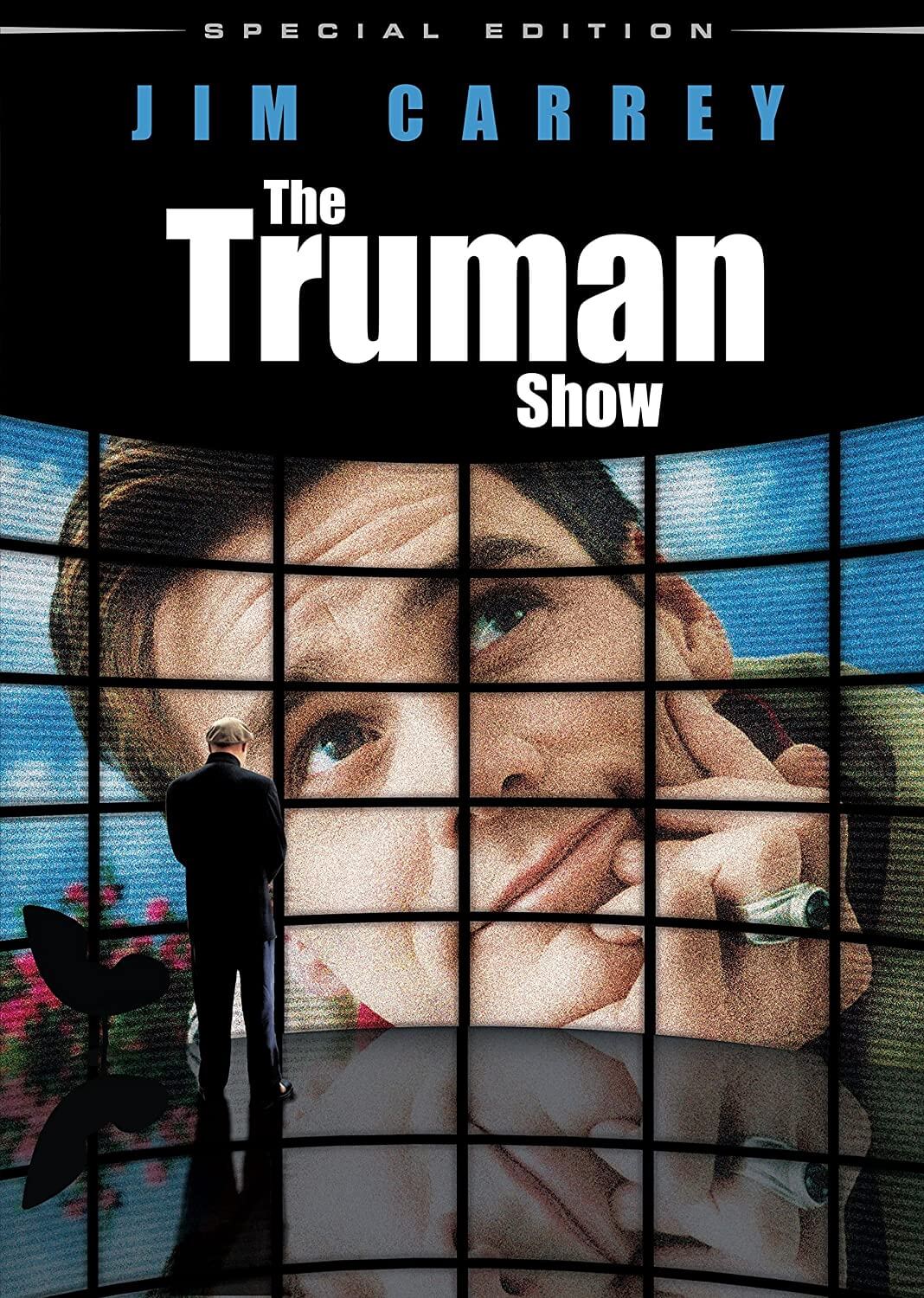
“Truman Burbank has spent his entire life living in a TV show. Everything he’s experienced is a lie. After years in this simulation, Truman is starting to get suspicious, and he takes to sailing. Only as he sails he hits the wall of the studio, and through a talk with the show’s creator he finally finds out the whole truth. He’s given a chance to stay, or to enter the real world. Cheerfully, Truman says goodbye to the show, much to the joy of viewers everywhere,” according to Yard Barker.
“After a lifetime of being an unwitting reality TV star, Jim Carrey’s Truman takes a final bow and walks off into the great unknown. What’s life going to be like for him in the outside world? Will he find love with Sylvia, one of the only people to ever truly care for him? Will he ever be able to overcome being the most famous person in the world, or the fact that all his closest friends were lying to him? The Truman Show wisely never answers those questions and allows us the audience to finally, finally leave Truman alone,” reflects The Mary Sue.
5. “The Usual Suspects” (1995)
“The Usual Suspects” is filled with 1990s film stars, and the ensemble shines in this off-beat movie. This film takes the unreliable narrator trope and runs with it. Collider writes, “‘The Usual Suspects’ invites viewers to embark on a wild journey as it depicts a sole survivor describing the sequence of events that started when five criminals rounded up at a seemingly arbitrary police lineup and led to a brutal gun battle on a boat.”
![The Usual Suspects [DVD] [1995] on Amazon](https://m.media-amazon.com/images/I/817SOAmJbLL._SL1500_.jpg)
“Arguably, this film has the best of all twist endings. Unable to convict Kent of anything, Agent Kujan lets him go free, and Kint’s stroll toward his new life starts off in a limp but, brilliantly, culminates in a straight leg. Kujan is too late to realize that nearly every detail in Kint’s story was lifted, by name, from the various knick-knacks in the agent’s office. It all wraps up with the pitch-perfect closing line, voiced by Kint/Soze: ‘The greatest trick the Devil ever pulled was convincing the world he doesn’t exist; and like that, he’s gone,'” offers The Cinemaholic.
You might also be interested in:
Sources:
Note: This article was not paid for nor sponsored. StudyFinds is not connected to nor partnered with any of the brands mentioned and receives no compensation for its recommendations.
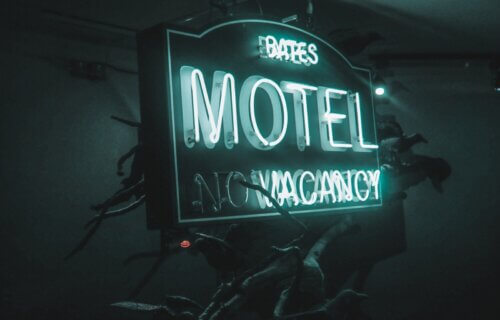
I would add two films. The Third Man and The 400 Blows.
You forgot one: “Forget it, Jake. It’s Chinatown.”
There is definitely one that is left out and needs to be added. It’s the film ending that blew my mind when I saw it almost 25 years ago. That ending made me totally rethink the entire movie. The film is The Sixth Sense with the famous line – ” I see dead people.”
2 great film endings come to mind which definitely should be added. And both film finales were mind blowing to me and totally surprising.
One is The Sixth Sense and the other, more recently, is Once Upon A Time in Hollywood.
I don’t believe you’ve seen too many of the ‘right’ films. How could you ignore the movie, “The Hustler” or a vintage movie “The Seventh Veil” even the 1978 “Halloween” to just chip away at the surface.
Best all time movie ending, The Sting, they conned everyone including the audience.
Was just getting ready to post this. That rare twist that holds up to scrutiny as they didn’t cheat the audience… the characters behaved the way they did every single time to trick other characters, NOT the audience. Greatest movie ending of all time but the usual suspects is a very close second.
Psycho had a brilliant ending. Unfortunately, it was and has been such a huge part of pop culture…since the 60s…everyone already knew what was going on and weren’t shocked by the ending. Still a classic thriller. Hitchcock was BRILLIANT.
The endings to “Cinema Paradiso” and the original version of “The Vanishing” are the first two that come to my mind.
Soylent Green!